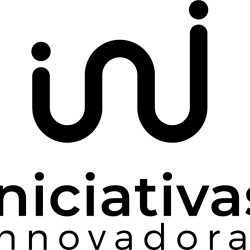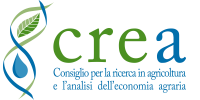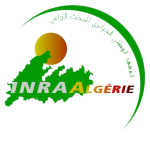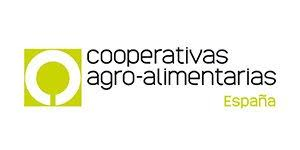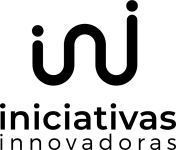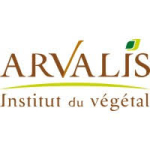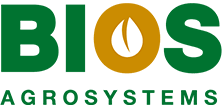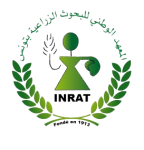ABOUT US




Despite well-known environmental and economic benefits, conservation agriculture (CA) is still not popular in the Mediterranean basin. By contrast, CA would be very suitable for the Mediterranean where agriculture is suffering by market pressure and desertification. Under those conditions of threat posed by land abandonment and the ageing rural population it is urgent to offer solutions to increase the sustainability of farming systems in the Mediterranean area. Mediterranean dry-farming systems mostly rely on cereal production, generally sole crop, that are generally highly impacting on the environment. Conservation agriculture (CA) is still not widespread among Mediterranean farmers despite the evidence of many advantages associated with its use, such as the reduction of soil erosion and nitrogen leaching, and the increase of soil water availability, organic matter and biodiversity. In this context, the 4CE-MED project aims at developing innovative, diversified and resilient cropping systems, through a participatory approach, consistently with the principles of CA. These cropping systems include Camelina, an emerging oilseed cash cover crop enabling to enhance soil and water conservation. Camelina is well known to be suited to CA systems being widespread on a commercial level in US ad Canada where it is commonly grown as a no-till cover crop replacing fallow between two summer crops. Camelina seeds have a high content of both protein (~30%) and oil (~40%), which increases its potential market uptake for food, feed and bio-based applications, due to a dramatic shortage of vegetable proteins and fats in Europe. The 4CE-MED project will address all the three principles of CA: growing Camelina as cash cover crop or double crop will allow increasing organic cover soil while diversifying crop rotations; moreover, Camelina will be grown under no-till/minimum tillage systems to prevent soil disturbance. 4CE-MED will capitalize on a highly experienced and competent team of 11 partners.
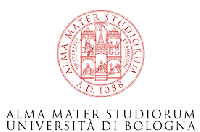

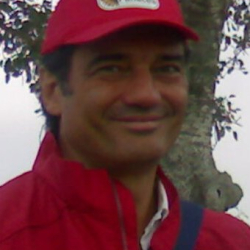
.jpg)


